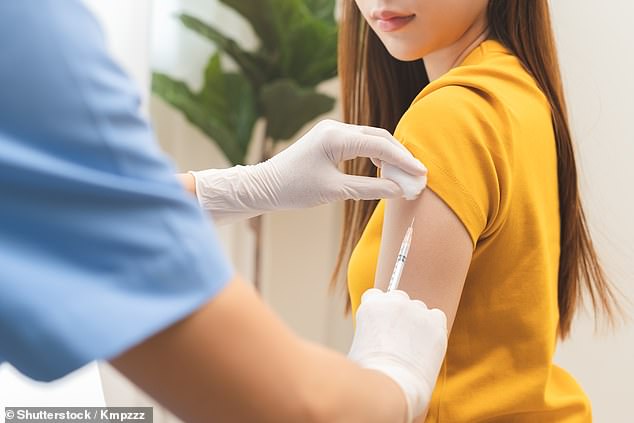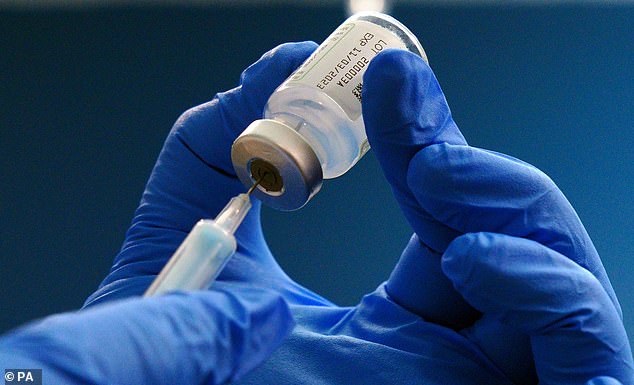Thousands of children are missing out every year on a crucial anti-cancer vaccine, experts warn.
The jab is offered to children aged 12 to 13 to protect them against human papillomavirus. The virus, known as HPV, can trigger cancers, including those in the head, neck and cervix.
While the highly effective vaccine has been offered to all girls in Year 8 since 2008, and all boys since 2019, nearly half of all eligible children are not getting it, which experts warn is making them vulnerable later in life.
The take-up is also markedly lower than the MMR vaccination. In England, about eight out of ten children get the combined measles, mumps and rubella (MMR) vaccine.
Experts say this disparity is partly due to the public perception that the HPV vaccine is meant to prevent sexually transmitted infections so is not relevant to children.


Researchers also say that, since the HPV vaccine is given to older children, parents are less keen to get them jabbed compared with when they are babies because they believe they are less likely to become seriously unwell.
HPV is spread through skin-to-skin contact during sexual activity. About 80 per cent of unvaccinated people will be infected with HPV at some point in their lives but, for most, it is harmless.
However, for some it can seriously damage the DNA in their cells, leading to cancer multiplying in them.
According to the charity Oracle Head & Neck Cancer UK, HPV vaccination rates remain worryingly low. In 2022 only 52 per cent of boys and 56 per cent of girls were vaccinated.
Michelle Vickers, chief awareness officer at Oracle Head & Neck Cancer UK, said: ‘High-risk HPV infections are now the fastest-growing risk factor and leading cause of head and neck cancers.
‘There are now 3,300 new cases of head and neck cancer linked to HPV infections each year in the UK.’

